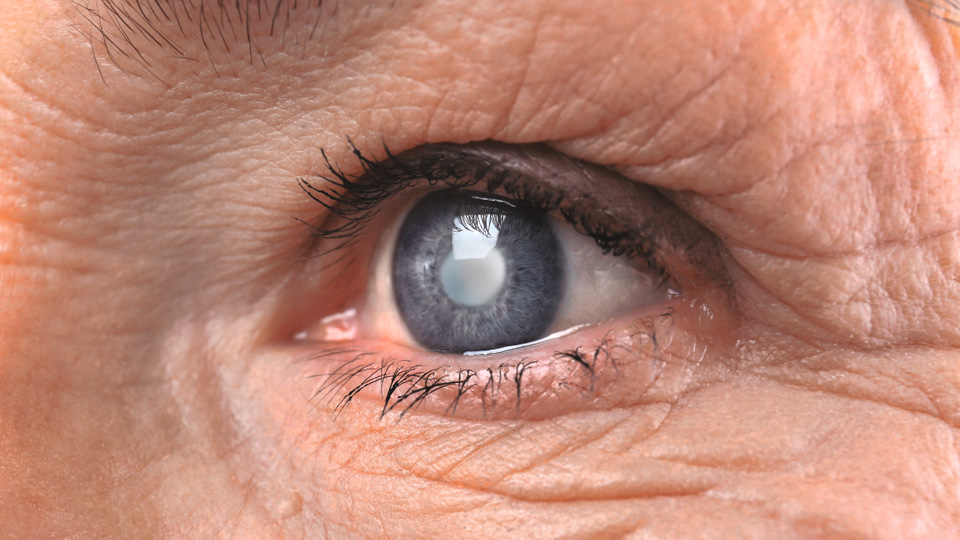All about the skin around the eyes and “drooping” eyelids
04/04/2025

19/01/2024
Cataracts are a natural part of the aging process, developing when the eye's natural lens loses transparency. This makes it challenging for light to enter the eye, resulting in vision similar to looking through a foggy window. Common symptoms include blurred vision, night vision difficulties, sensitivity to light and glare, seeing halos around lights, and double vision. As these symptoms manifest gradually, routine eye exams are recommended to detect cataracts before they significantly impact our quality of life.
The sole method to treat this ocular condition is through surgery, during which the crystalline lens is replaced by an intraocular lens (IOL). In many cases, these lenses can correct additional defects such as presbyopia and/or astigmatism. However, not all IOLs are suitable for everyone, necessitating a comprehensive study by the ophthalmologist to determine the most advisable type of IOL for each case.
This surgery can profoundly impact patients' quality of life by reducing or eliminating the need for glasses post-intervention. According to data from the "Alcon Eye On Cataract" survey conducted by Alcon, 88% of surveyed individuals who had undergone cataract surgery reported wearing glasses all the time or frequently before the surgery. Post-surgery, thanks to intraocular lens implantation, dependence on glasses had decreased by 42%.
Moreover, survey results indicate that 51% of patients perceived their vision post-surgery as that of someone younger, and 84% noted an improved quality of life. They were able to resume activities they enjoyed, such as reading, watching television, or driving.
Caring for eye health is crucial for enhancing quality of life, and cataract surgery plays a pivotal role in active aging. Over 80% of survey participants rated vision as one of the most critical aspects of aging, underscoring the importance of understanding the benefits and options available to maintain optimal and active vision throughout life.
Dr. Milan Pešić, ophthalmologist at the Barraquer Ophthalmology Centre
Cataracts are an eye condition that will affect 100% of the population and surgery is its only treatment. But this common procedure continues to cause a great deal of concern to patients because of lack of awareness and due to a large number of false myths that must be debunked.